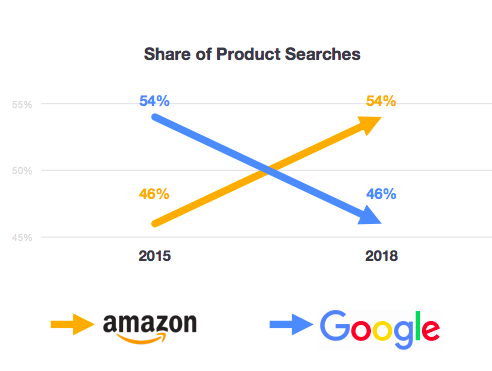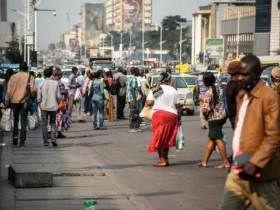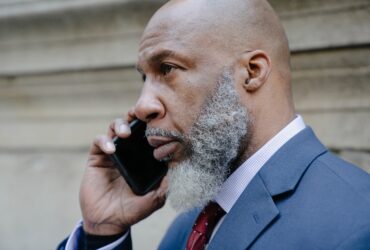Identifying and Supporting the Resilience and Prosperity of Black-Owned Enterprises Today.
- 6:14 pm
- October 2, 2023


LATEST POSTS
while it’s widely recognized that Covid-19 is causing significant harm to small businesses nationwide, not everyone is aware that Black-owned businesses are facing a disproportionately severe impact from the pandemic. If you’re a Black business owner, this might not be surprising, but for many, the recent analysis by The New York Times highlighting the pandemic’s unequal effects on Black enterprises was quite startling.
The analysis also served as a wake-up call, prompting us to delve deeper into its findings, which reveal concerning aspects of American business practices. Specifically, it highlights the endangered state of community-based commerce that our nation was built upon. Instead of supporting local stores, consumers are increasingly turning to online shopping, often favoring retail giants like Amazon.
In this article, we will closely examine the reasons behind the severe impact of the pandemic on Black-owned businesses, strategies for their survival, and ways we can provide assistance. Additionally, if you’re a business owner, we will provide resources to help you gain more visibility for your enterprise and boost sales during the upcoming holiday season

Unbalanced effects
Let’s begin by examining the unequal impact of the pandemic on Black business proprietors. The statistics reveal a stark reality. According to research featured in The New York Times, over 40% of Black business owners reported that they were not operational in April, which coincided with the peak of the pandemic’s economic fallout. In contrast, only 17% of white small business owners faced a similar situation. These statistics are derived from an assessment of government data conducted by Robert Fairlie from the University of California, Santa Cruz.
he New York Times article highlights how Covid-19 has disproportionately impacted Black businesses, compounding the discrimination they already face. For instance, Black individuals are more than twice as likely to succumb to the coronavirus and are at a higher risk of experiencing police violence.
From a tech industry perspective, there are intriguing implications within these findings. If we delve deeper, we observe that many struggling Black businesses are coping with these challenges by reducing their investments in social media marketing and other digital advertising initiatives. This, in turn, diminishes their online visibility and competitiveness.
The Transition to Online Retail.

A brief observation of shopping habits in the United States reveals a significant transformation in the retail landscape driven by technology. Google reported that as early as 2016, one out of every five searches was conducted using voice search, and the majority of consumers now turn to major online marketplaces, primarily Amazon, when searching for products to buy.
Other News


















